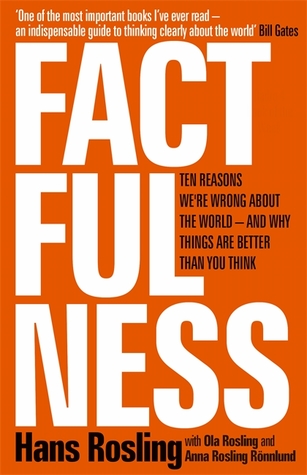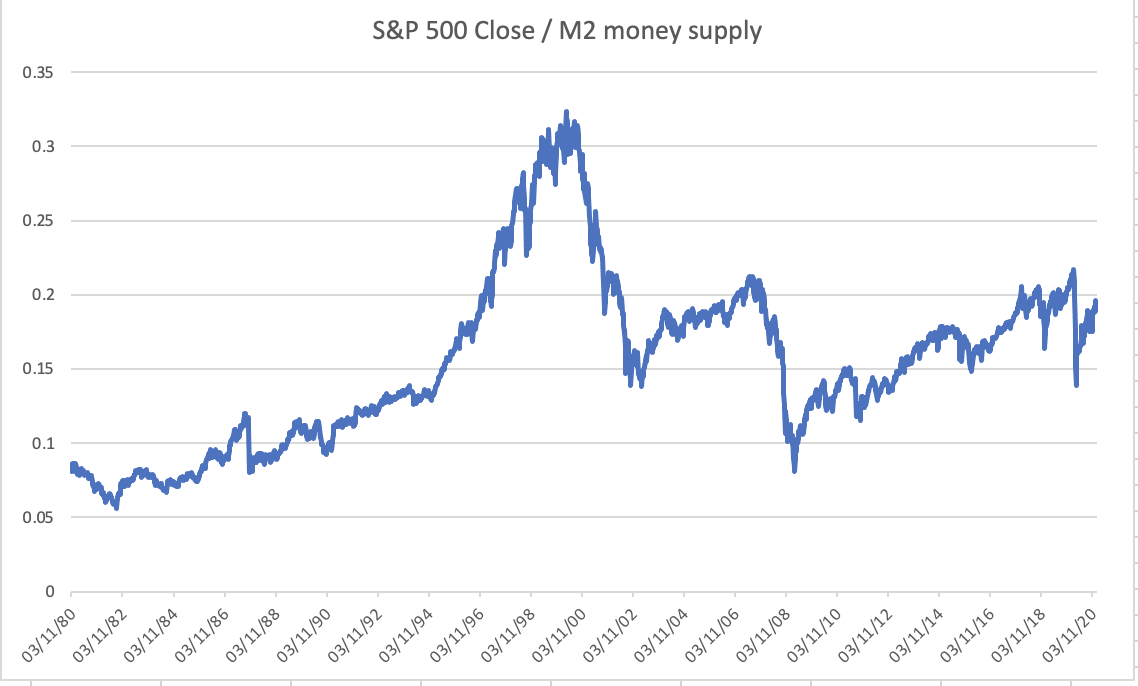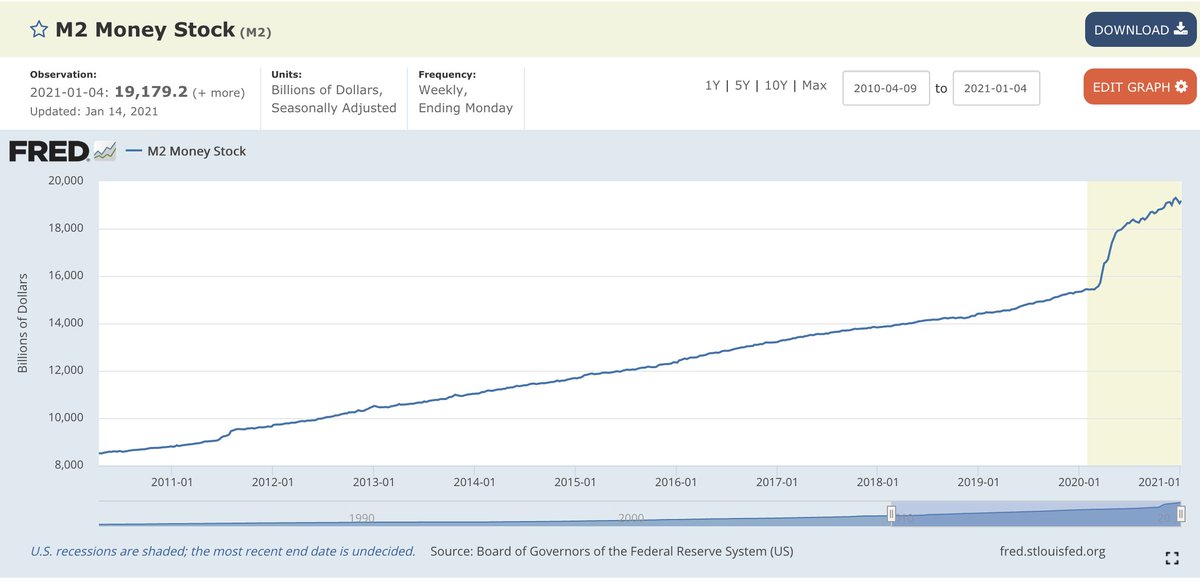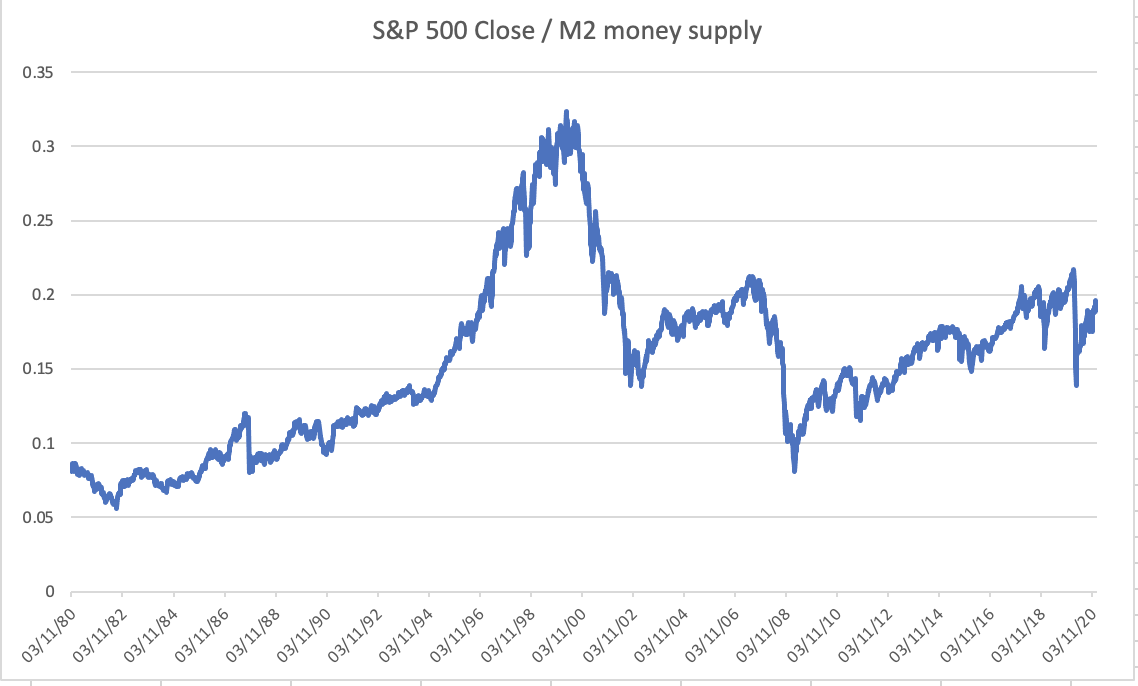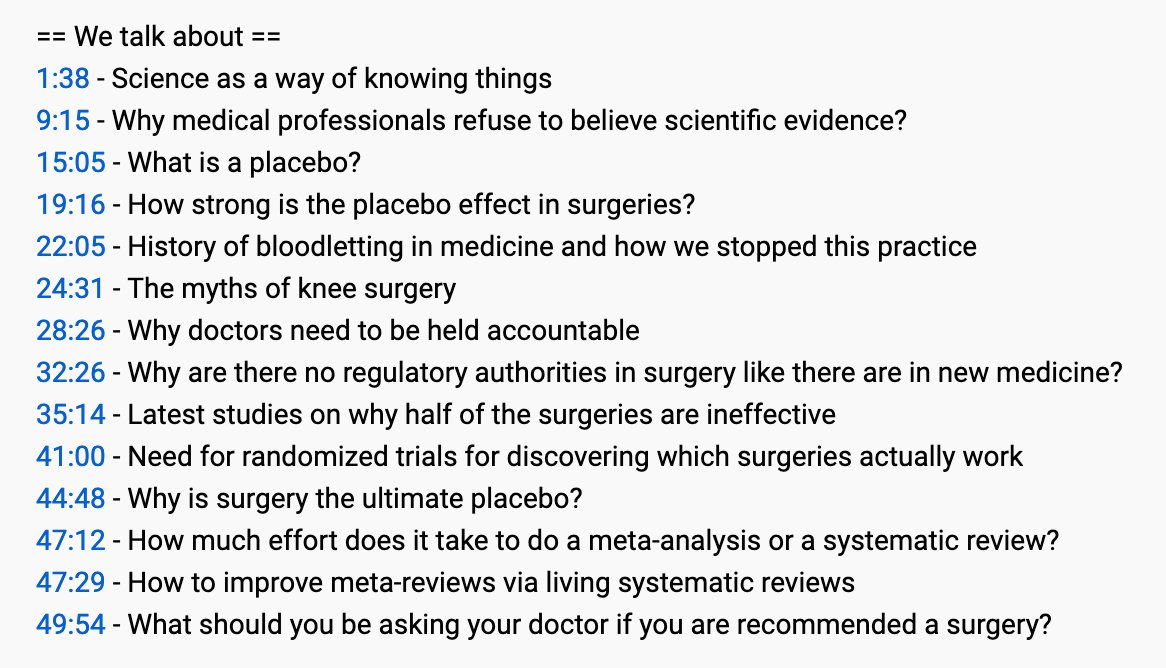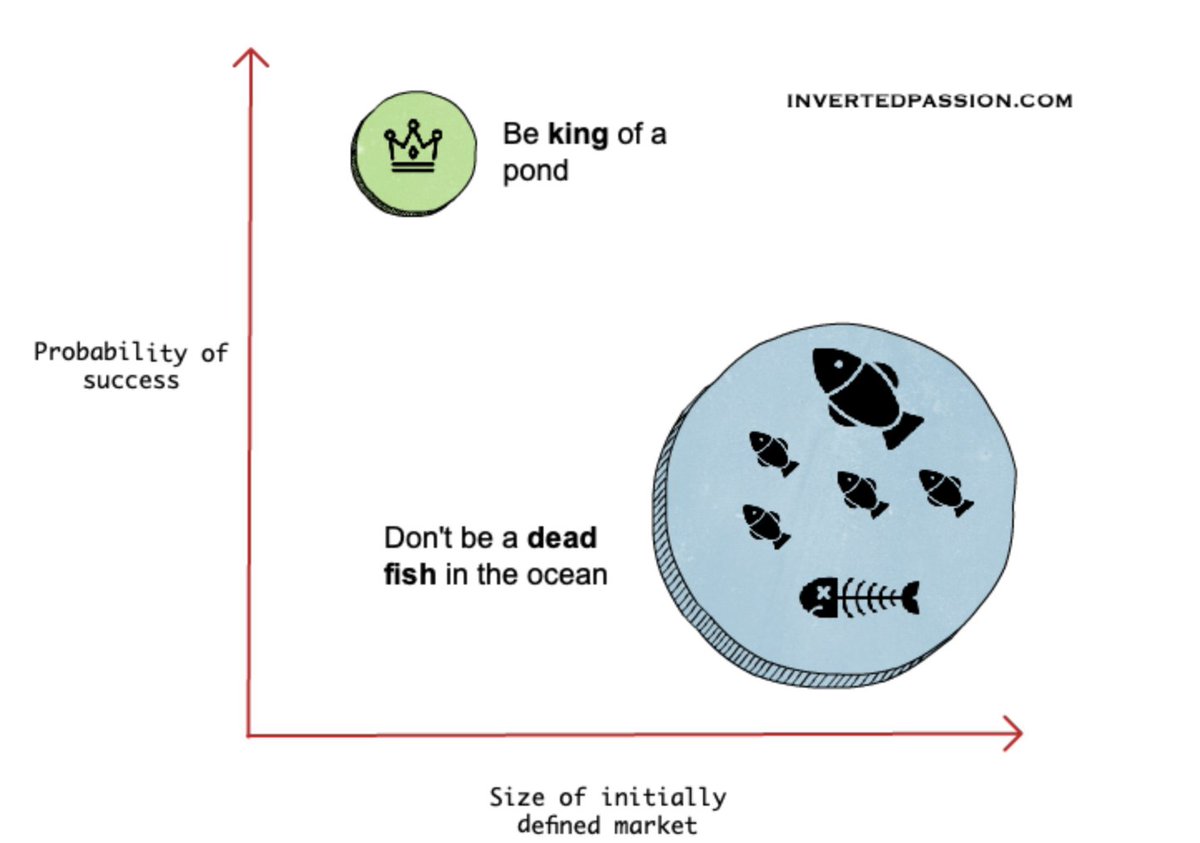
A short thread on 📔 deep work.
(based on my personal experience)
(based on my personal experience)
1/ First of all, the definition of deep work.
Deep work happens when you are able to work with an uninterrupted focus on typically a hard or complex problem.
The term comes from the eponymous book by Cal Newport amazon.in/Deep-Work-Focu…
Deep work happens when you are able to work with an uninterrupted focus on typically a hard or complex problem.
The term comes from the eponymous book by Cal Newport amazon.in/Deep-Work-Focu…
2/ Increasingly, the super-power is not access to information. It's the ability to prioritize, focus, and internalize.
Yet modern work is all but conducive to focus. You have emails, meetings, slack and constant firefighting.
Yet modern work is all but conducive to focus. You have emails, meetings, slack and constant firefighting.
3/ Actually, the importance and the difficulty of deep work is correlated.
As leaders and founders, reasons to attend to urgent work daily are plenty. Work *always* finds you.
But the more important your work is, the more important finding the *right* kind of work becomes.
As leaders and founders, reasons to attend to urgent work daily are plenty. Work *always* finds you.
But the more important your work is, the more important finding the *right* kind of work becomes.
4/ As the founder and CEO of @wingify, I used to be drowned in work.
I'd start my work by opening my inbox and start replying to emails. Pretty soon, there'd be meetings to do and before you know it, the day would end.
And then chatter on Whatsapp starts.
I'd start my work by opening my inbox and start replying to emails. Pretty soon, there'd be meetings to do and before you know it, the day would end.
And then chatter on Whatsapp starts.
5/ IT WAS A TERRIBLE WAY TO WORK.
How will you have breakthrough insights if your mind doesn't have space to think?
How will you change the trajectory of your career and life if you're always busy?
How will you get new ideas if you're never reading?
How will you have breakthrough insights if your mind doesn't have space to think?
How will you change the trajectory of your career and life if you're always busy?
How will you get new ideas if you're never reading?
6/ You need to do deep work in order to progress professionally and intellectually.
Yet, resolving to do deep work doesn't cut it. Our work is full of distractions and just like weight loss affirmations, deep work affirmation also doesn't last long.
Yet, resolving to do deep work doesn't cut it. Our work is full of distractions and just like weight loss affirmations, deep work affirmation also doesn't last long.
7/ The way to do deep work is not to change yourself but to change your environment.
I wrote about this in the context of keeping new year resolutions in thread before:
I wrote about this in the context of keeping new year resolutions in thread before:
https://twitter.com/paraschopra/status/948423196671266818
8/ For deep work, here's what I typically do:
- I start the day with a 20-30 minute silent meditation.
When you wake up, you may have work-related random thoughts in your head and if you start your work like that, you'll attend to random thoughts (and not be intentional).
- I start the day with a 20-30 minute silent meditation.
When you wake up, you may have work-related random thoughts in your head and if you start your work like that, you'll attend to random thoughts (and not be intentional).
9/ I find that meditation lets my brain churn through random work thoughts and after the session, my mind is fresh and almost a blank slate, ready to *pick* work (rather than having work *pick* me).
10/ After meditation and before starting to work:
- I typically turn to a blank sheet in my notebook and start writing my todo under two columns: IMPORTANT and URGENT.
I write IMPORTANT column first as otherwise URGENT takes over your entire mental space.
- I typically turn to a blank sheet in my notebook and start writing my todo under two columns: IMPORTANT and URGENT.
I write IMPORTANT column first as otherwise URGENT takes over your entire mental space.
11/ Then the work starts:
- My calendar is blocked until 5pm FOR MYSELF. I typically take no meeting before that.
No emails, no slack, no meetings. Just a pure block of time to do deep work.
This work typically comes from the IMPORTANT bucket.
- My calendar is blocked until 5pm FOR MYSELF. I typically take no meeting before that.
No emails, no slack, no meetings. Just a pure block of time to do deep work.
This work typically comes from the IMPORTANT bucket.
12/ One easy way to get engulfed in work is when you open your inbox, see attention-seeking emails and get lost in answering them. (Sometimes you may even forget why you opened your inbox).
13/ To prevent getting lost in my inbox, I used the following extensions that hide inbox but let you search and compose emails.
- Chrome @InboxWhenReady chrome.google.com/webstore/detai…
- Firefox Gmail Hide addons.mozilla.org/en-US/firefox/…
- Chrome @InboxWhenReady chrome.google.com/webstore/detai…
- Firefox Gmail Hide addons.mozilla.org/en-US/firefox/…
14/ As far as meetings go, I feel the best meetings are those where everyone comes prepared.
So, for the meetings where I'm leading, majority of pre-work happens through documents (where people comment and ask questions asynchronously).
Final meeting is simply to get commitment
So, for the meetings where I'm leading, majority of pre-work happens through documents (where people comment and ask questions asynchronously).
Final meeting is simply to get commitment
15/ And on weekends and after work, it's super important to be AWAY from work. Which means:
- No checking of emails on phone
- No participation of work-related groups on WhatsApp
- Having similar expectations from co-workers
(Had sent the attached email to @wingify team)
- No checking of emails on phone
- No participation of work-related groups on WhatsApp
- Having similar expectations from co-workers
(Had sent the attached email to @wingify team)
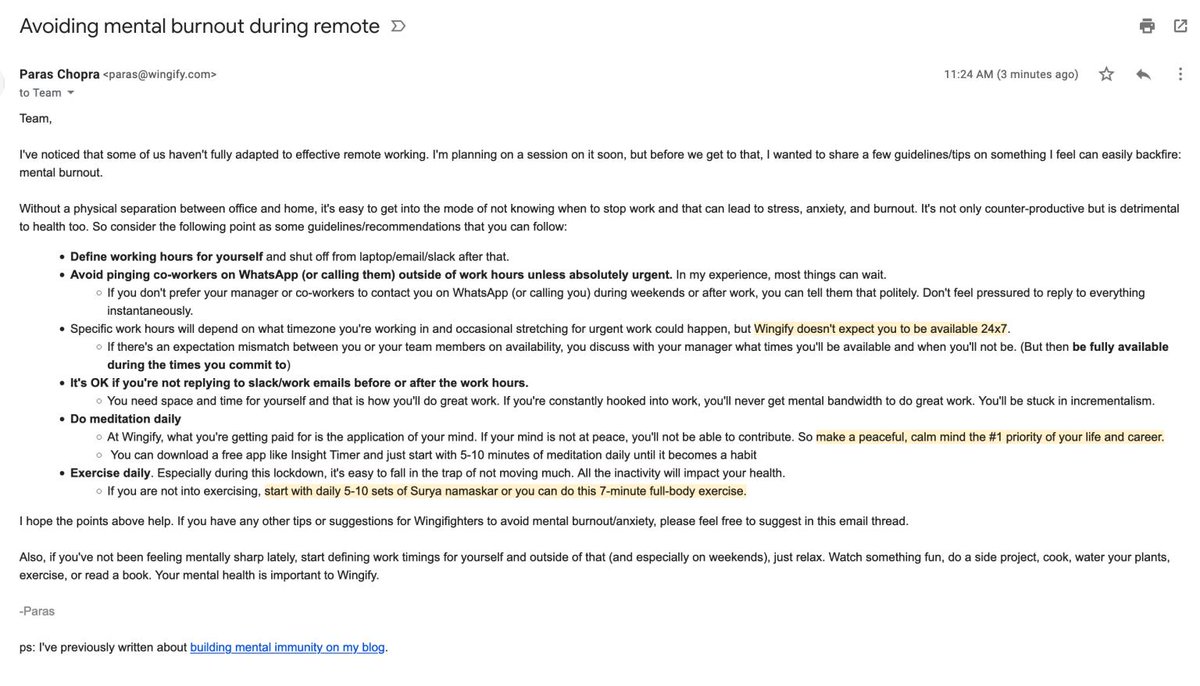
16/ TLDR:
- Block time in your calendar for deep work where you do no meetings and don't check emails
- Make todo daily and focus more on IMPORTANT more than URGENT
- Attending to your inbox makes you feel busy BUT you can do much more than that, can't you?
- Block time in your calendar for deep work where you do no meetings and don't check emails
- Make todo daily and focus more on IMPORTANT more than URGENT
- Attending to your inbox makes you feel busy BUT you can do much more than that, can't you?
17/ That's it!
Hope you enjoyed going through the thread.
Happy to answer any other question on deep work or productivity.
Hope you enjoyed going through the thread.
Happy to answer any other question on deep work or productivity.
• • •
Missing some Tweet in this thread? You can try to
force a refresh

